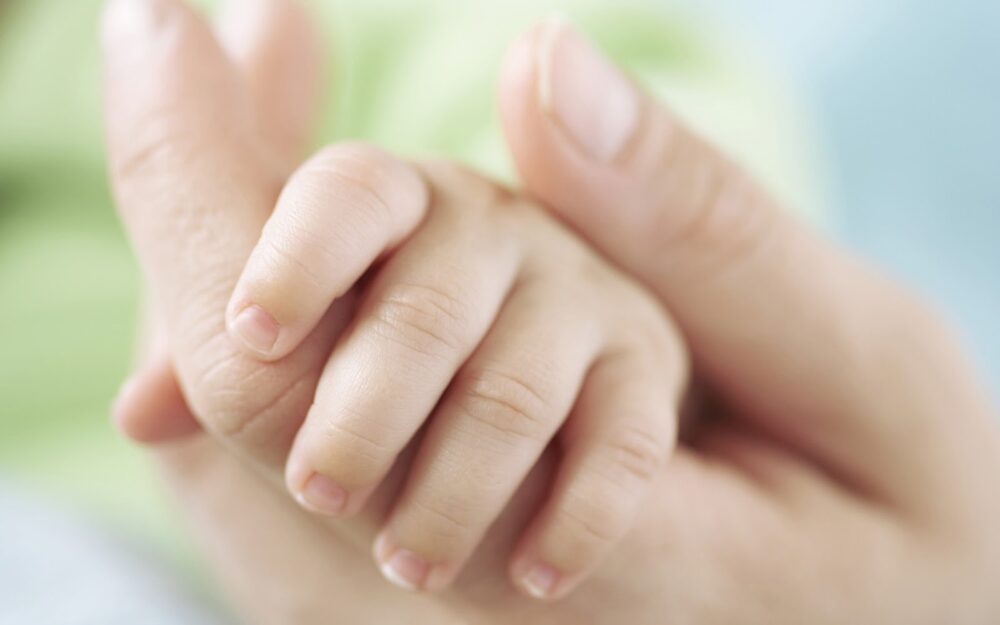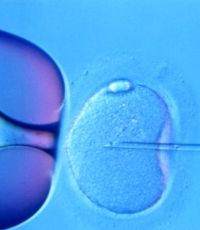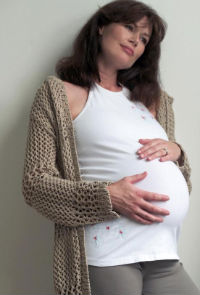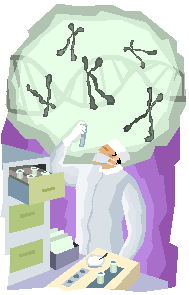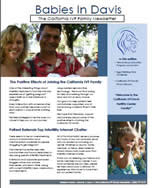
??????????????????California IVF: Davis Fertility Center, Inc. has released our November 2010 edition of our infertility newsletter titled “Babies in Davis”. In the first edition of our infertility newsletter, we discuss what it takes to make us more than just a fertility center. Our extended family and the referrals from the Sacramento area doctors help make us the successful clinic we want to be and our patients deserve. We are very aware that our patients would rather get pregnant on their own without having to go to the local infertility clinic. When patients see our help, the California IVF family is happy to adopt new members into our family so we can work together to provide the best possible chances of having a baby. Our family is what makes us great.Photos from the previous reunion fill the pages of our newsletter along with other interesting stories and announcements. California IVF has announced a donor embryo program know as California Conceptions, an egg freezing program, and recently launched our online egg donor application. It has been a busy year for the staff and infertility doctors at California IVF: Davis Fertility Center. Continuing to expand our services is important in our efforts to provide our patients with the very best infertility treatments.
Rounding out the newsletter is a brief article on surgical services for our infertility patients. Many of our patients seeking infertility treatment help with inseminations (IUI) or in vitro fertilization (IVF) are not aware that our doctors perform many infertility surgery procedures to help correct problems that affect fertility. Among these surgeries are myomectomies, or surgeries to remove uterine tumors that can prevent pregnancies, hysteroscopies to correct uterine polyps and remove a uterine septum, and tubal ligation reversal surgery which allows a woman to have her tubes put back together after a tubal ligation surgery.
Stay tuned for more interesting developments including an option to sign up to receive our newsletter via email. Once again, we would like to give thanks to our family that was able to make it to our third annual family reunion. It was a rainy day but that didn’t stop our event! It was a great day of “babies and bellies” in the park. Photos from our events as well as an electronic copy of our newsletter can be found at http://www.babiesindavis.com/.
© California IVF: Davis Fertility Center, Inc. Male and female infertility specialists near Sacramento.
Article source: http://feedproxy.google.com/~r/CaliforniaIvfDavisFertilityCenterInc/~3/oKDzP0bazcE/california-ivf-davis-fertility-center.html
